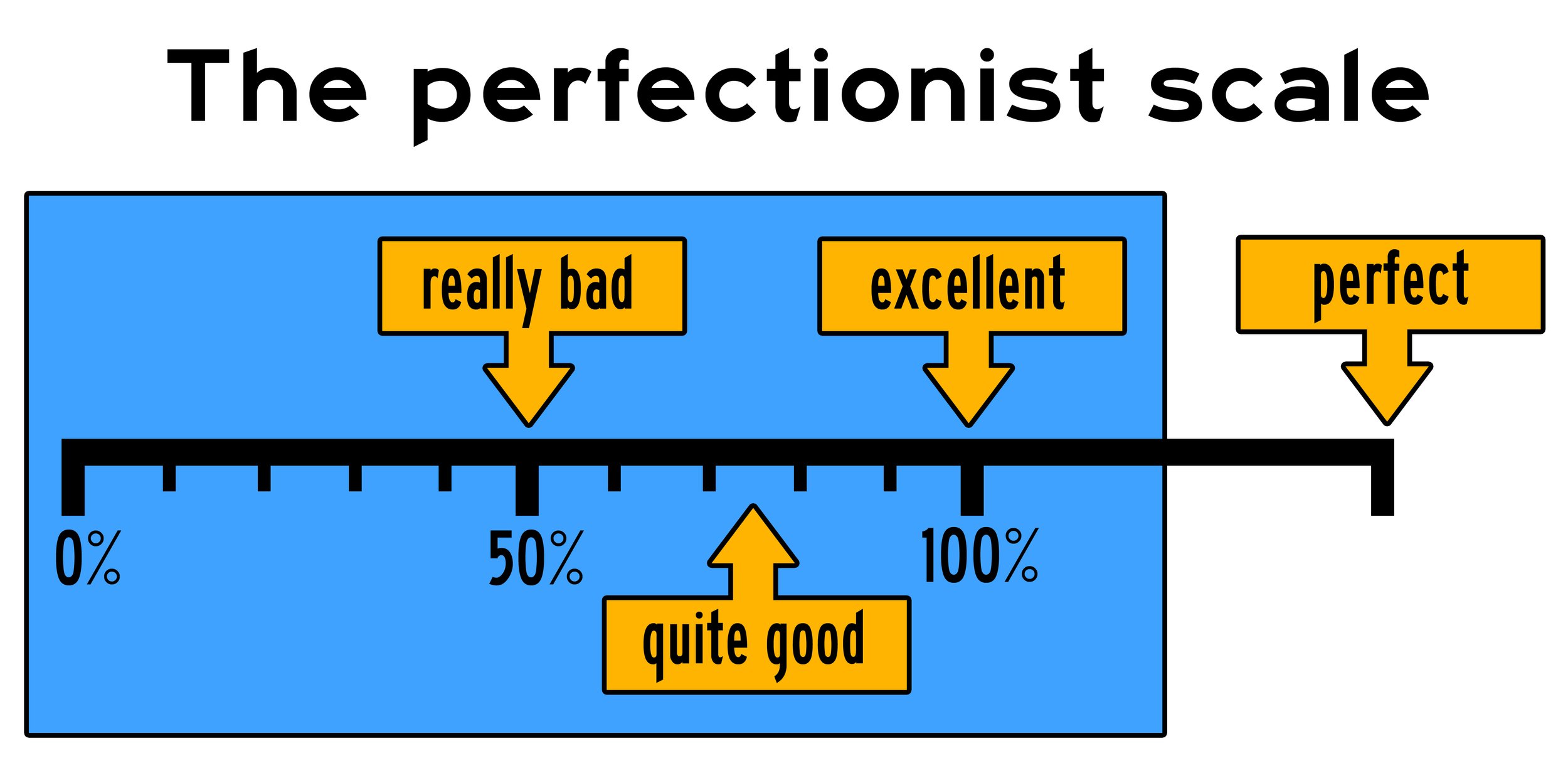Managing perfectionism
Are you working as a dental practitioner? Then chances are you are a perfectionist, since it is a trait that is common in this profession. However, perfectionism can be a double-edged sword. Striving for perfection is probably one of the reasons you are now (or soon to be) a dental practitioner, motivating you to study and work hard to achieve good results. It will also be one of the reasons that you deliver high quality care to patients in what is a technically demanding job.
But there is also a downside to perfectionism is well, because it can act as a trigger for anxiety or burnout, as you constantly push to achieve better and better results. The key (and challenge) is to figure out how to harness the benefits whilst at the same time mitigating negative aspects of perfectionism.
For some people, perfectionism is linked to fear of failure, and the constant drive to succeed is fuelled by this. It can lead to negative outcomes like procrastination, avoidance or rumination, and can impact on mental health and wellbeing.
Perfectionism becomes a problem when we move beyond the pursuit of excellence – which is entirely legitimate - to the belief that perfection is possible all of the time and failure is unacceptable. There is an association between both perfectionism and a ‘Type A’ personality and an increased risk of burnout. We need to distinguish between perfectionistic striving, which has been defined as a self-oriented striving for perfection, and perfectionistic concerns that relate to making mistakes, fear of negative social evaluation, negative reactions to imperfection or concerns about the discrepancy between expectation and performance. The research seems to suggest that perfectionistic concerns are more likely to be associated with burnout.
People with perfectionist tendencies should be aware that there is a point of diminishing returns beyond which extra time and effort returns only marginal gains. For example, you might spend 30 minutes doing a fantastic restoration for a patient that looks great and functions well. But some people might spend another 30 minutes to make it look ‘perfect.’ Does this improve the outcome for the patient? Probably not. It’s important to focus on what’s important – in this case not only getting a good outcome for this patient, but for the next one, and the one after that too. It’s easy to forget that perfectionism can eat up your time and therefore reduce your productivity.
It's worth reflecting on how we tend to celebrate perfectionism as a positive trait in successful people and consider whether there is an element of survivor bias in what we observe. From tennis players like Roger Federer and Serena Williams, to a filmmaker like Stanley Kubrick (famous for holding the record for the most retakes for a single scene with dialogue – 148 times) or Steve Jobs, whose perfectionism meant it took Apple more than three years to develop the original Macintosh computer. Their attention to detail and drive to succeed by leaving no stone unturned leads us to believe that perfectionism is a positive trait, and a fundamental key to success. But of course we don’t hear of all of the perfectionists who didn’t succeed. Indeed a recent meta-analysis found that there was no link between work performance and self-oriented perfectionism.
It’s important to accept that in striving for perfection it is inevitable that mistakes will be made – after all, you can’t make an omelette without breaking some eggs. Some self-reflection is important too. Review the standards that you are setting for yourself to achieve, and make sure they are realistic. Knowing when something is good enough is an important skill. It might also be useful to get some perspective from a peer. It’s challenging seeking feedback on your work and performance, but it will help you identify areas that you can work on, and also give you some perspective about the great work that you are already doing.
And if perfectionism is causing you issues, it may be time to speak to a professional for some assistance.

